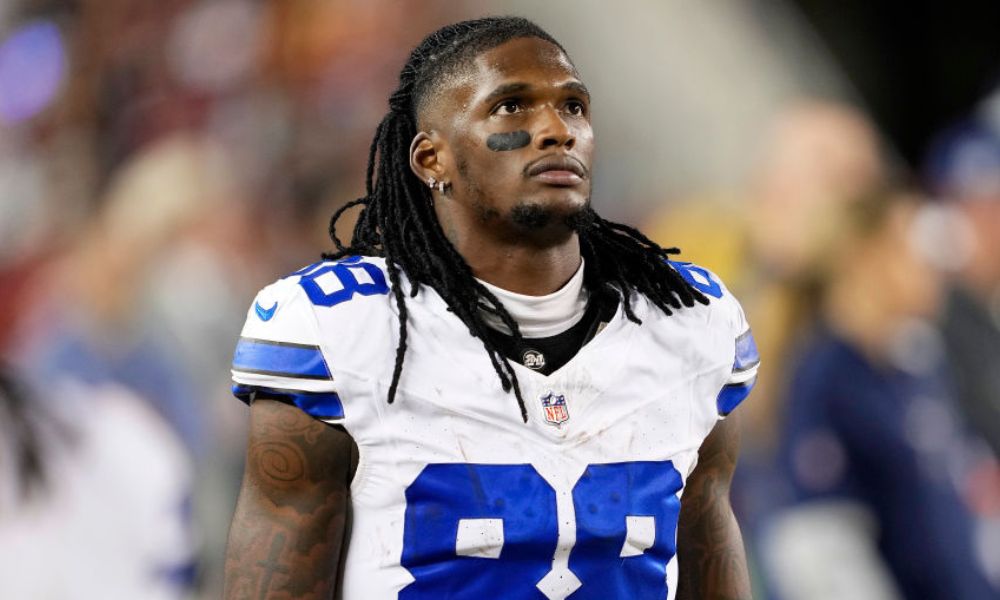The secondary market economy around NFL teams – how local businesses rise and fall with team performance

This economic ecosystem operates largely invisibly to casual fans but represents millions of dollars in commerce that fluctuates dramatically based on the home team’s results.
The Game Day Economy Multiplier
Local businesses experience revenue swings of 300-500% based on team performance. A successful playoff run can generate an additional $30-50 million for a city’s economy, while a losing season can devastate establishments that built their business models around football traffic. Sports bars near stadiums report that a single playoff game can generate more revenue than an entire month during a losing season.
The Merchandise Ecosystem
Independent vendors, local screen-printing shops, and specialty retailers create a thriving shadow economy that supports team success. When teams make playoff runs, local t-shirt shops work around the clock printing unofficial merchandise, often making their entire year’s profit in a few weeks. Conversely, stores stocked with merchandise from losing teams face massive losses on inventory that becomes worthless overnight.
Real Estate Market Fluctuations
Property values near stadiums and in team-centric neighborhoods fluctuate significantly with team performance. During the Patriots’ dynasty years, real estate values in Foxborough and surrounding areas consistently outperformed regional averages. When teams relocate or threaten to leave, local property values can drop 10-15% as the economic anchor disappears.
The Restaurant and Hospitality Cascade Restaurants near stadiums experience feast-or-famine cycles tied directly to team performance. Successful teams generate consistent crowds for away games (watch parties), while struggling teams see dramatic drops in customer traffic. Many establishments hire seasonal staff specifically for playoff runs, only to face layoffs when teams underperform.
Parking and Transportation Networks
Independent parking lot owners, ride-share drivers, and local transportation services see their income directly tied to team success. Playoff games can generate $200-300 per parking space, while poorly attended games during losing seasons leave lot owners struggling to cover property taxes and maintenance costs.
The Tourism Amplification Effect
Successful teams generate hotel bookings, restaurant visits, and retail spending from visiting fans. A single playoff game can fill hotels for a 50-mile radius, while consistently losing teams see dramatic drops in sports tourism. Cities like Green Bay built entire tourism industries around football success that employs thousands during successful seasons.
Small Business Survival Strategies
Many local businesses develop survival strategies for down years – diversifying into non-sports events, offering off-season entertainment, or creating alternative revenue streams. Some bars transition to college basketball or other sports during NFL off-seasons, while retailers pivot to general team merchandise or local pride items.
The Psychological Spending Factor
Fan spending correlates directly with team optimism. Successful teams generate “irrational exuberance” spending where fans purchase season tickets, merchandise, and related goods at premium prices. Losing seasons create pessimistic spending patterns where fans avoid team-related purchases entirely, affecting even businesses peripherally connected to the team.
Municipal Budget Dependencies
Cities often structure municipal budgets around expected tax revenue from team-related businesses. Successful seasons generate additional sales tax, hotel occupancy taxes, and business license fees, while poor performance can create municipal budget shortfalls affecting public services.
The Generational Business Impact
Family businesses built around team loyalty can thrive for decades during successful periods or face closure during extended losing streaks. Multi-generational sports bars, memorabilia shops, and specialty retailers often represent family legacies tied directly to team fortunes, creating deeply personal economic consequences beyond simple profit and loss.
A few prime examples:
Cleveland Browns: The Economic Rollercoaster
The Browns provide a perfect case study in performance-driven economic swings. During their losing streak, the Dayton “Browns Backers” decided to forego their annual bus trip to Cleveland this year due to a lack of interest. But after the Jets win, dozens of fans called in to inquire about the trip. This single example shows how one victory can immediately reverse business trends.
The economic stakes are massive. Cleveland faces $11 million in annual tax revenue loss from team and stadium operations as well as from visitor spending. Local businesses are already expressing concern, with restaurants saying they’re disappointed with the Browns’ decision to leave Downtown Cleveland and head to Brook Park because they say it will impact their sales.
Dallas Cowboys: Economic Powerhouse
Even without recent championship success, the Cowboys demonstrate how brand power can sustain local economies. In 2022, “the franchise injected $213 million into the local economy and supported 1,619 jobs, showing how a consistently popular team (regardless of wins and losses) can provide economic stability for thousands of workers and hundreds of businesses.
Green Bay NFL Draft Example: Event-Driven Business Boom
The 2024 NFL Draft in Green Bay perfectly illustrates the feast-or-famine cycle. “With over 600,000 people attending the NFL Draft in Green Bay, restaurants, bars, and hotels near the draft site said they saw a large boost in customers and sales. This single event likely generated more revenue for some businesses than several months of regular operations.
The Broader Impact Pattern
Bars, restaurants, hotels, and retail stores often report higher earnings thanks to the influx of fans. This immediate economic boost is a direct result of the NFL’s ability to draw crowds, offering a vital source of revenue for many small and medium-sized businesses in the host city.
These examples show that local businesses don’t just benefit from successful teams – they’re existentially dependent on them. A restaurant near Cleveland Stadium doesn’t just lose customers during a bad season; it faces potential closure if the team relocates entirely. The economic relationship is so intertwined that business owners effectively become involuntary investors in their local NFL franchise’s success.
(Aspiring NFL Writer | Children’s Author | Chicago Bears Devotee in Chiefs Territory)
